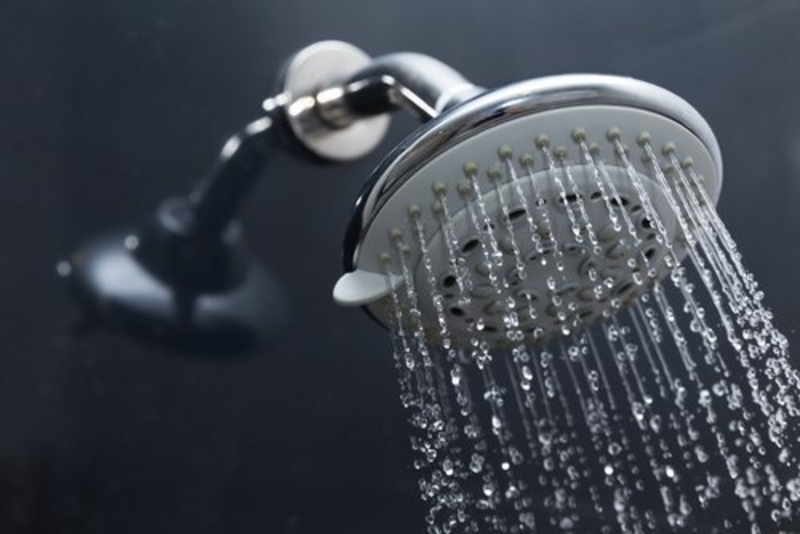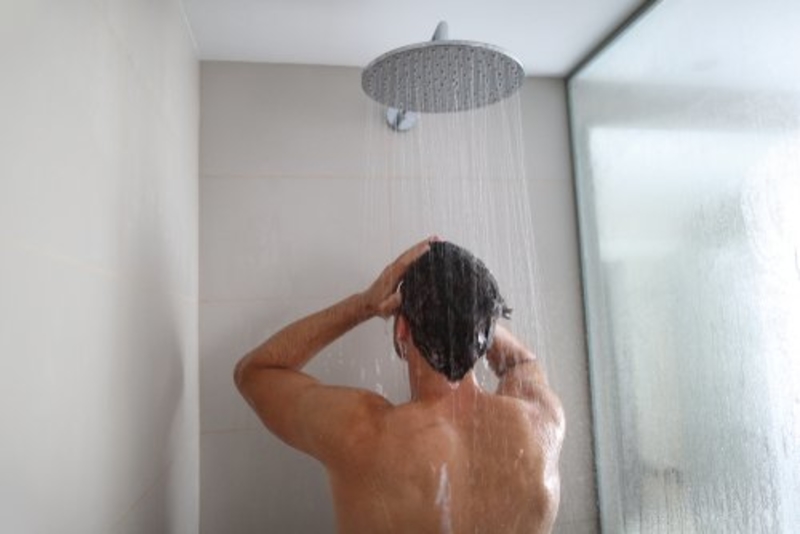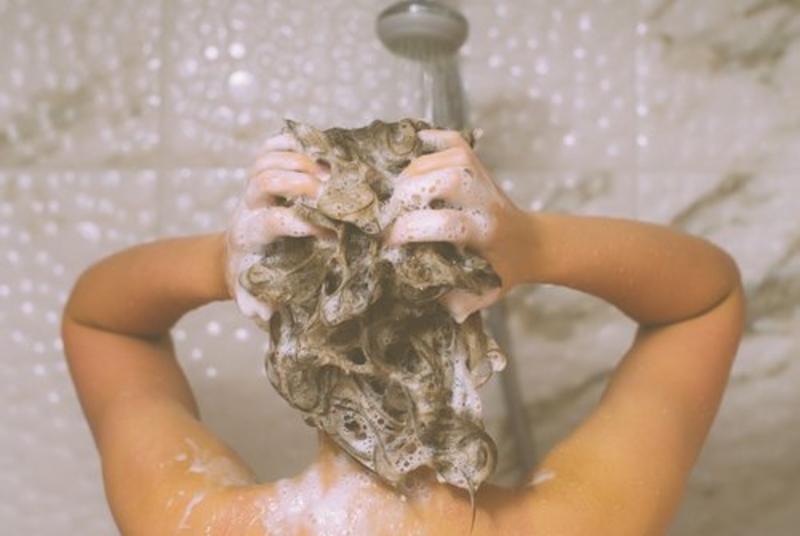Throughout the years, we have established bathroom routines that determine when we take a shower.
There are those who have continued doing what most people would regard as “normal”: taking a shower early in the morning. Yet, there are also those who usually don’t have enough time in the morning, so they often take showers in the evening, usually just before they hit the sheets.

So, which is the better option?
Are morning showers reasonable, considering that many people feel “rushed” when they stick to this routine? Or is it more practical to have nighttime showers instead? Regardless of how other people feel about it, the answer really depends on you, and whether or not you are a morning person.
Advantages of taking a shower in the morning
The key factor for those who prefer to take a morning shower is how it seems to “wash away” the bleariness that one feels upon waking up. It offers an excellent way to wash your face and to scrub yourself clean.
Dr. Janet K. Kennedy, an expert in this field, notes that taking a shower early in the morning increases your alertness. She endorses a cooler-than-normal shower because this will help prevent your body temperature from increasing too drastically.
Joel Schlessinger, a dermatologist, states “The need to shower in the morning depends on the individual’s lifestyle.” He adds, “For instance, if you prefer to work out in the morning, you should definitely be following up your visit to the gym with a shower to cleanse the skin and hair of excess oil and sweat.”
According to Dr. Shelley Carson of Harvard, “Because a shower lowers cortisol levels (which lowers stress) while you’re awake and active, your brain is able to think without being pressured which leads to new and creative ideas. If you’re having a stressful week, taking a morning shower might help you be innovative under pressure.”
For some people, a morning shower may be all that they need to start their day.
But is it really better to a take a shower in the morning?

Advantages of taking a shower at night
If you want to base your decision (regarding the best time to shower) on results obtained from research, then a nighttime shower should win on points.
It seems that when you shower at night, say roughly 90 minutes before your bedtime, this can actually help if you suffer from insomnia. According to Dr. Kennedy, “The body naturally cools down as bedtime approaches, in sync with circadian rhythm. Showering artificially raises the temperature again and allows for a faster cool down, which seems to hasten sleep.”
Although the choice of warm to hot water does wonders for sore muscles and getting rid of knots, some moderation should be applied. Your best choice is to use lukewarm water, to avoid skin damage. A shower should last around 5 to 10 minutes, according to Dr. Gary Goldenberg, a dermatologist.
“Very hot showers tend to take the oil off your skin, and tend to irritate your skin,” he notes. “The longer you are in the water, the higher the chance it is going to dry your skin.”
There are other benefits when you shower at night. For one thing, your bed sheets stay cleaner, which also makes it easier for you to fall asleep. For people who are prone to allergies, a nighttime shower should help wash away the pollen that had accumulated during the day, and it’s also a great option if you are a frequent user of hair and make-up products.
“By showering in the evening you prevent transferring all of these potentially harmful substances into your bed, where you are going to be sleeping for the next eight hours,” according to allergist and internist Tania Elliot.
If you have a tendency toward excessive sweating during the night, then nightly showers should work well for you.

“Issues such as excessive sweating may be improved by showering in the evening and following with an antiperspirant,” said Schlessinger. “Since antiperspirants work by forming a plug in the sweat glands, a significantly lower amount of sweat reaches the skin’s surface if this plug is allowed to form.”
Make sure you apply your antiperspirant after showering. This will provide enough ample time for the plugs to form while you’re sleeping. He adds, “Once fully formed, they will often be effective for an entire day. It’s important to note that if you do this, you shouldn’t shower in the morning as this will dislodge the plug.”
The choice between early morning and nighttime showers is eventually yours to make, but if you happen to have any of the problems that the experts have described above, then why not try their recommendations? They just might work for you.